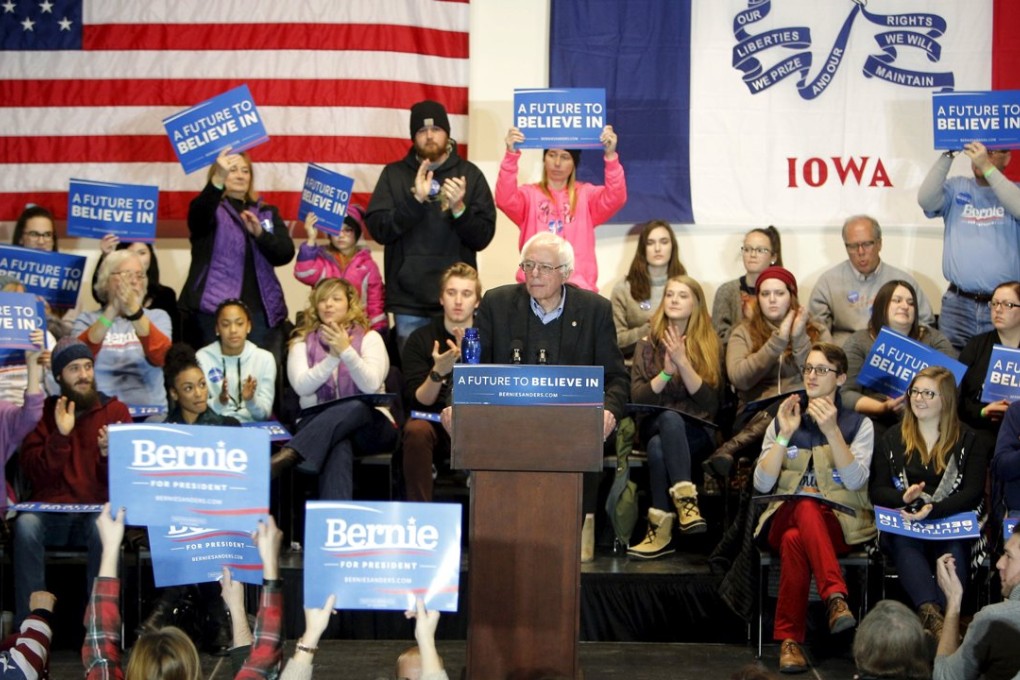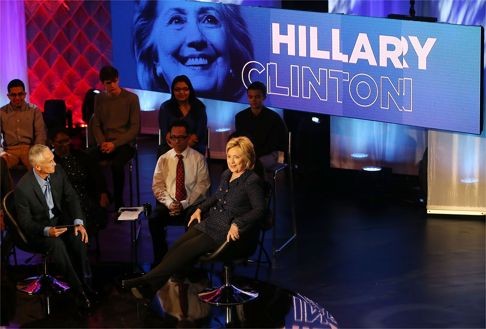How America’s own version of ‘one country, two systems’ will help choose a president
Paul Letters looks at how Iowa and New Hampshire – two states with very different systems – screen candidates as part of the election process before the wider public gets a say in who will be the next US leader

It’s US election year, and the next month will go a long way to naming the next leader of the world’s superpower. Presidential debates over the next two weeks take on far greater meaning, for Iowa and New Hampshire are almost upon us, where the election process for the presidency begins – and, for some, ends. It’s like the selection process for Hong Kong’s chief executive, except with a dose of democracy and lashings of campaign cash.
In Washington, the establishment currently favours Hillary Clinton on the Democrat side (as in 2008), and, for the Republicans, it’s still to be confirmed. Clinton is currently behind Bernie Sanders in polls in New Hampshire, and her lead in Iowa has narrowed: this year’s presidential race is far from predictable.
READ MORE: Asians worried about Donald Trump’s brashness see hope in Hillary Clinton’s nuanced stance on Islam and China
Since 1976, for both parties, every nominee bar one (Bill Clinton) has had to win Iowa or New Hampshire, or both. The Iowa caucuses and New Hampshire primaries cross-examine candidates in full view of the nation and offer those who exceed expectations a bounce in media coverage, funds and support as the process moves to subsequent states.

Iowans may like to think they choose their nation’s presidential nominees, but it is often New Hampshire that wields influence closer to that of a Hong Kong Election Committee selecting the chief executive. New Hampshire is a swing state, more representative of the nation as a whole. And compared to the Iowa caucus, the New Hampshire primary is more open, not restricted to registered party voters.
It is often New Hampshire that wields influence closer to that of a Hong Kong Election Committee selecting the chief executive
Like many of the Legislative Council’s functional constituencies, the voters in a US caucus come from a narrow range. A caucus is open to the hard core of that party’s registered voters who turn up at school halls and churches to sit through long debates before voting for a nominee. Therefore – and this explains a number of Donald Trump’s outbursts – candidates need not tailor their message to the population as a whole, just to their party’s hard core. Of the entire primary process, the first two states attract around half of all news coverage, fixated on the leading candidates. Score big in Iowa and New Hampshire and there will only be one person between you and the White House.